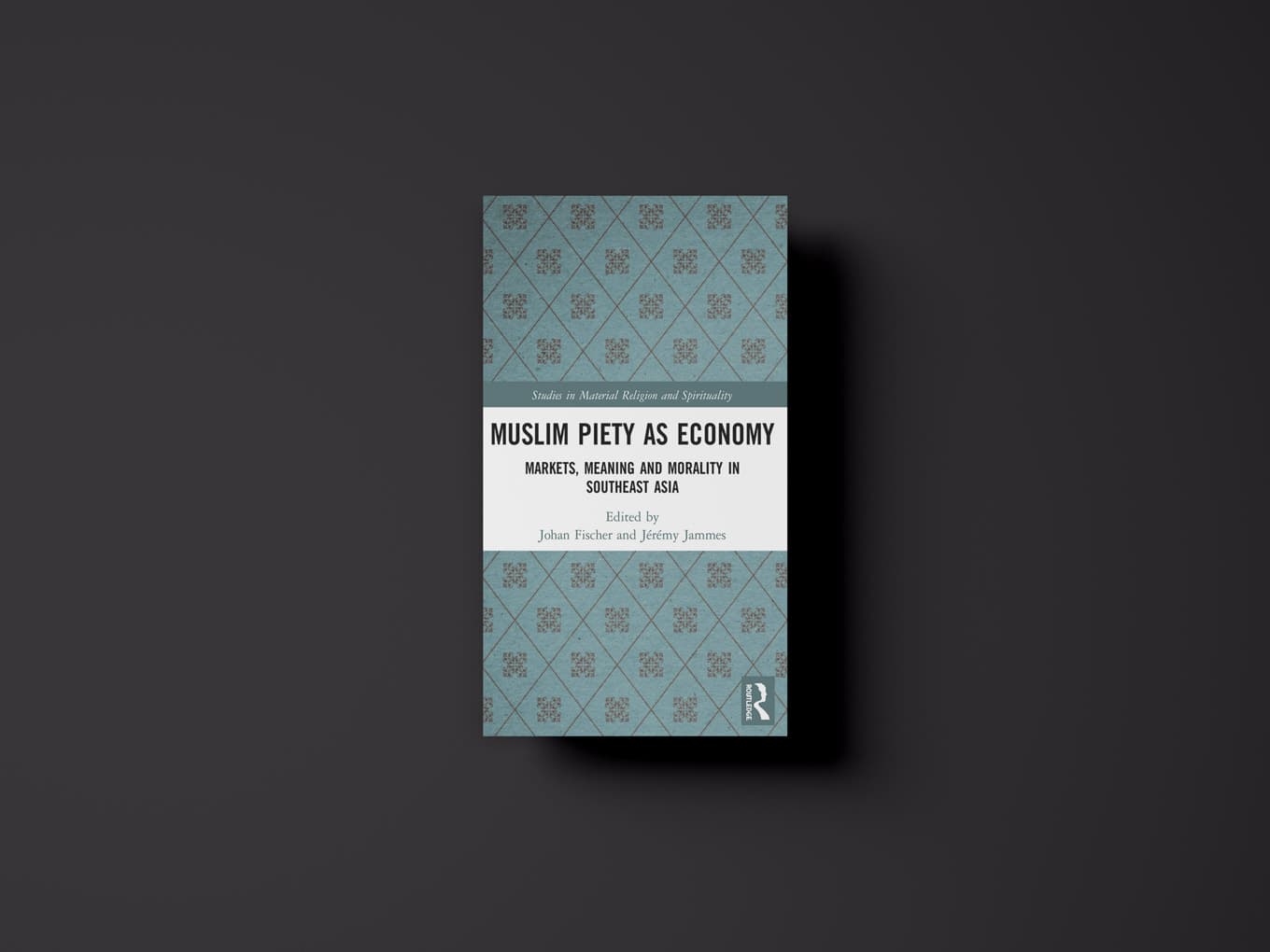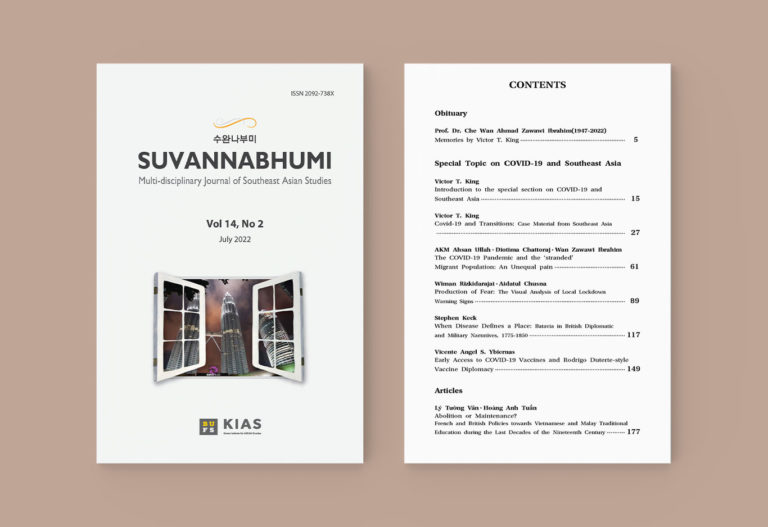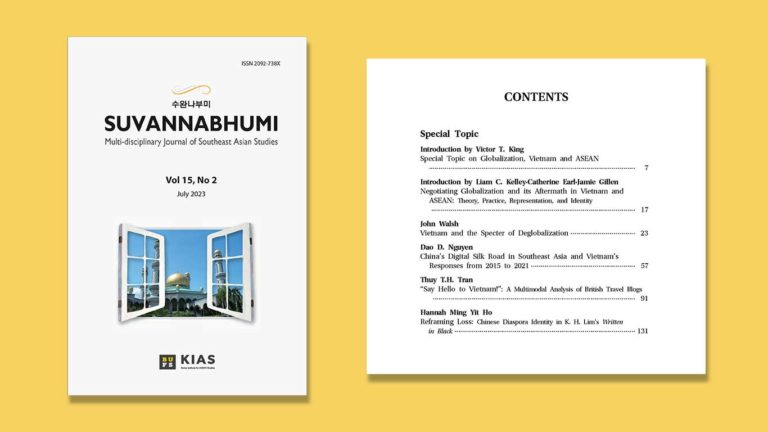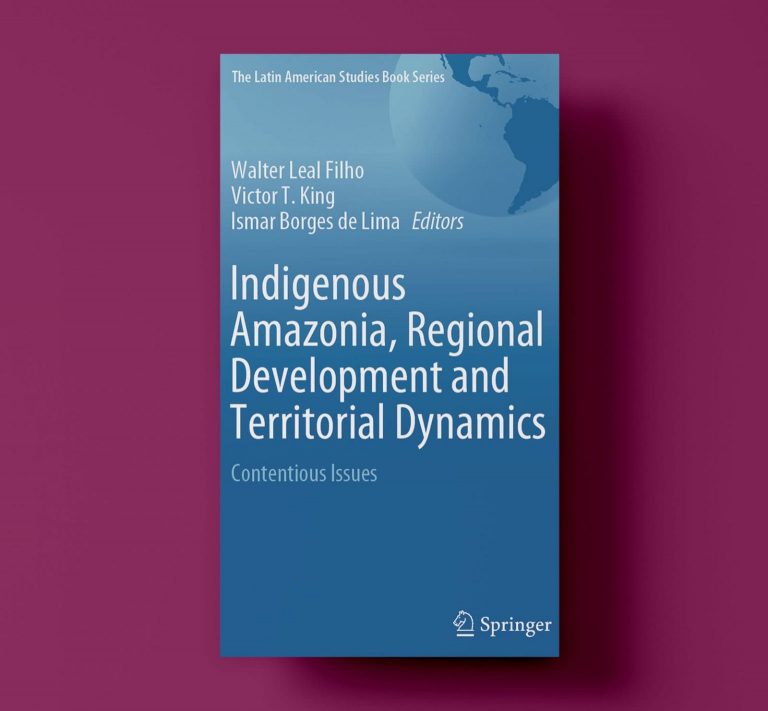Associate Professor Jeremy Jammes of the Institute of Asian Studies at Universiti Brunei Darussalam has just published a co-edited volume with Associate Professor Johan Fischer of Roskilde University entitled Muslim Piety as Economy: Markets, Meaning and Morality in Southeast Asia (Routledge).
The description of the book is as follows:
“The first volume to explore Muslim piety as a form of economy, this book examines specific forms of production, trade, regulation, consumption, entrepreneurship and science that condition – and are themselves conditioned by – Islamic values, logics and politics. With a focus on Southeast Asia as a site of significant and diverse integration of Islam and the economy – as well as the incompatibilities that can occur between the two – it reveals the production of a Muslim piety as an economy in its own right. Interdisciplinary in nature and based on in-depth empirical studies, the book considers issues such as the Qur’anic prohibition of corruption and anti-corruption reforms; the emergence of the Islamic economy under colonialism; ‘halal’ or ‘lawful’ production, trade, regulation and consumption; modesty in Islamic fashion marketing communications; and financialisation, consumerism and housing. As such, it will appeal to scholars of sociology, anthropology and religious studies with interests in Islam and Southeast Asia.”
For more information about Muslim Piety as Economy: Markets, Meaning and Morality in Southeast Asia, please visit its official page on the Routledge website.





